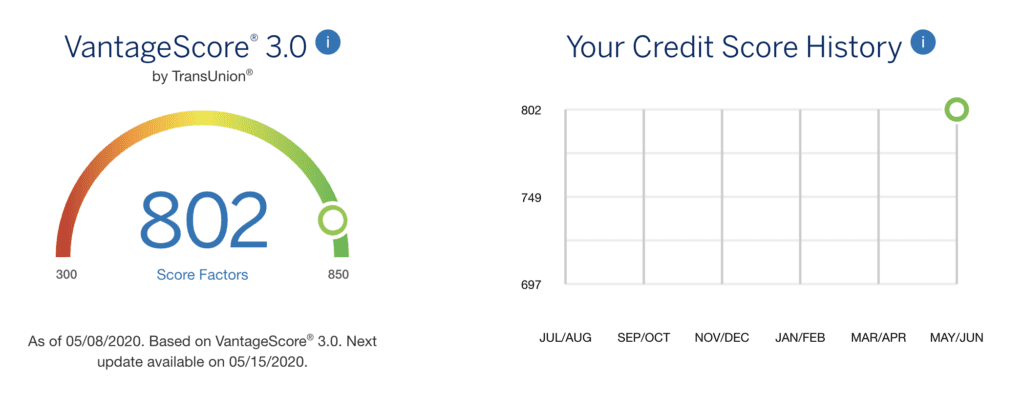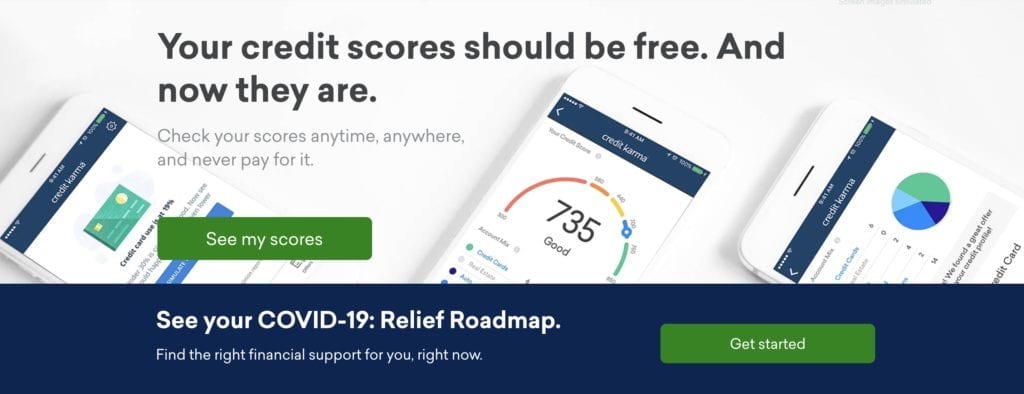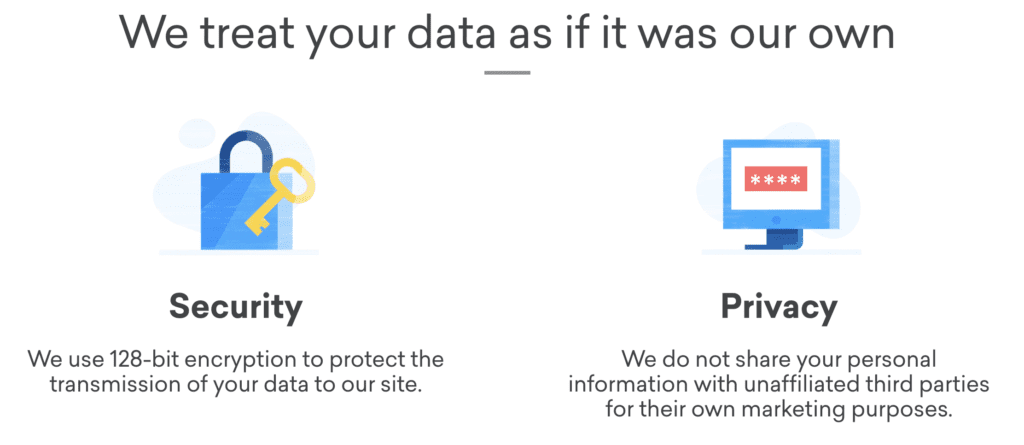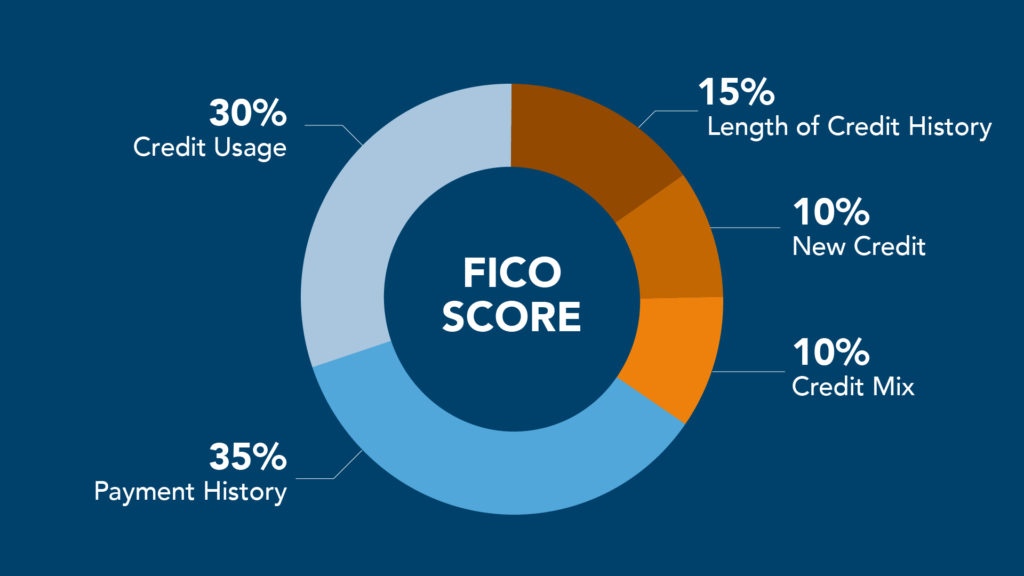Understanding what's on your credit report and knowing how to find your free credit score is a critical piece of your overall financial health. And that's true whether you're trying to earn points and miles or not.
But there is a vast amount of information out there on where to find your credit report, how you can access it, what information goes on your credit report, and where to find your credit score, and what it all means.
We'll break down everything you need to know about where to find your free credit report, your free credit score, and how to better understand how the financial actions you take will impact your score.
How to Access Your Free Credit Report
Federal law mandates that once per year, consumers can get their free credit report from all three of the major credit bureaus – Equifax, Experian, and TransUnion – using the government-mandated website AnnualCreditReport.com. It's by far the quickest and easiest way to get an accurate picture of all the information on all of your credit reports.
But through April 2021, AnnualCreditReport.com is offering free weekly credit reports to help Americans manage their finances amid the coronavirus pandemic.
To get started, simply request your report at AnnualCreditReport.com. You'll fill out one to three forms depending on which credit bureau you want a report from (Equifax, Experian, or TransUnion).

You'll answer a series of questions about existing lines of credit, addresses, etc. specific to you. Once completed, you'll have your free report. It is the easiest and safest way to have a detailed understanding of what exactly is on your credit report. Critically, checking your credit report does not damage your credit.
How to Get Your Free Credit Score
Credit scores have a giant impact on your financial life. The score is a measurement of your creditworthiness to lenders, and the higher it is the better. Your score can be the difference between whether or not you are approved for a credit card, auto loan, mortgage, and more.
Generally speaking, the higher your score, the better interest rate you will get when it comes time to borrow money. But of course, there's more to it than that.
There are two major scoring methods for credit: the VantageScore and the FICO scoring model. Both look at very similar factors, but things like credit usage, payment history, and credit mix are weighted slightly differently. At the end of the day, both scores will be very similar. Either one will be perfectly sufficient.
So how exactly do you find your score? If you hold a credit card from just about any bank, they will likely provide weekly or bi-weekly updates to your estimated credit score.
The image below is from my American Express account, and they are using a Vantage scoring model from TransUnion – one of the three major U.S. credit bureaus.

But if you don't have a credit card, or just want an easier way to stay on top of what your estimated credit score is, Credit Karma is a fantastic resource. It is a free service that also offers a mobile phone app that helps you monitor your credit score. It'll also give you recommendations about how to improve your score based on what is on your credit report.

Credit Karma provides free VantageScore 3.0 credit scores from both TransUnion and Equifax (Experian is not included). The service will update your score weekly and provide you a mobile app push notification about any changes to your report.
It is by far the most efficient and easiest way to stay on top of your credit score. And Credit Karma is using full bank-level encryption to protect the transmission of your personal data on their website. They also do not share your personal information with any unaffiliated third parties.

How is Your Credit Score Calculated?
Credit scores and personal finance as a whole can be confusing. There are a lot of credit scoring myths out there. And it doesn’t help that misinformation spreads like wildfire.
You’ve almost certainly heard a tip, rule, or guideline about credit cards and how your credit score works that simply isn’t true. So lets set the record straight on how your credit score is calculated.
Your credit score is determined by five different categories that make up different percentages of the total score. This is the FICO scoring model, which is used in over 90% of lending decisions. And even the VantageScore model is very similar – they should be looked at as one in the same.
Here are the five categories to give you a better understanding of the factors that impact your credit score.

- Payment History (35%): Your payment history is by far the most important factor on your credit report as it makes up 35% of your total score. It is absolutely essential to always pay your bills on time, as this will be the biggest factor that can positively, or negatively impact your score.
- Credit Utilization (30%): Your credit utilization is the ratio of your total credit balance to the total credit limit you have extended to you. For example, if you have one credit card with a credit limit of $10,000 and you are using $1,000 of that limit, your credit utilization would be 10%. Keeping your total credit utilization under 30% will have a positive impact on your credit score.
- Length of Credit History (15%): The longer your credit history, the better. Potential lenders will see you as more creditworthy if you have more history. Your length of credit history is calculated based on the age of your newest account, the age of your oldest account, and the average age of all of your credit accounts.
- Credit Mix (10%): Diversifying your open credit accounts will have a positive impact on your score. Having different credit accounts open (auto loans, mortgages, student loans, credit cards) will give your score a nice bump.
- New Credit (10%): Applying for a new line of credit will have a small, temporary impact on your overall credit score. This makes up 10% of your total credit score. However, assuming you are making on-time payments and being responsible with the new line of credit, having more credit available will generally help your utilization ratio (discussed above) which has a much larger impact on your score.
Bottom Line
Staying on top of your credit profile is critical for your personal finances. Use AnnualCreditReport.com to get your free credit report, and your online credit card account or Credit Karma to get your free credit score.
